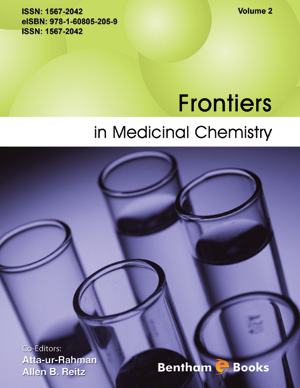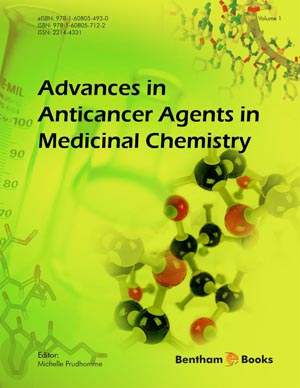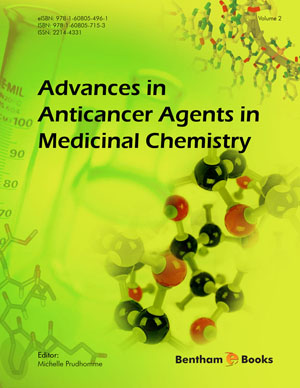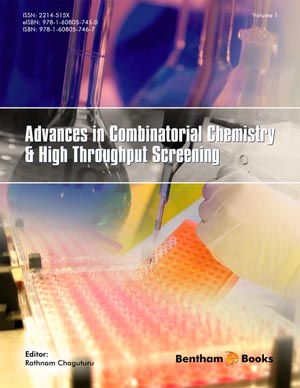Abstract
Angiogenesis is the process of generating new capillary blood vessels. Uncontrolled endothelial cell proliferation is observed in tumor neovascularization and in angioproliferative diseases. Tumors cannot grow as a mass above few mm3 unless a new blood supply is induced. It derives that the control of the neovascularization process may affect tumor growth and may represent a novel approach to tumor therapy.
Angiogenesis is controlled by a balance between proangiogenic and antiangiogenic factors. The angiogenic switch represents the net result of the activity of angiogenic stimulators and inhibitors, suggesting that counteracting even a single major angiogenic factor could shift the balance towards inhibition.
Heparan sulfate proteoglycans are involved in the modulation of the neovascularization that takes place in different physiological and pathological conditions. This modulation occurs through the interaction with angiogenic growth factors or with negative regulators of angiogenesis. Thus, the study of the biochemical bases of this interaction may help to design glycosaminoglycan analogs endowed with angiostatic properties.
The purpose of this review is to provide an overview of the structure/function of heparan sulfate proteoglycans in endothelial cells and to summarize the angiostatic properties of synthetic heparin-like compounds, chemically modified heparins, and biotechnological heparins.
Keywords: Angiogenesis, drug, endothelium, FGF, growth factors, heparin, proteoglycans, tumor




















